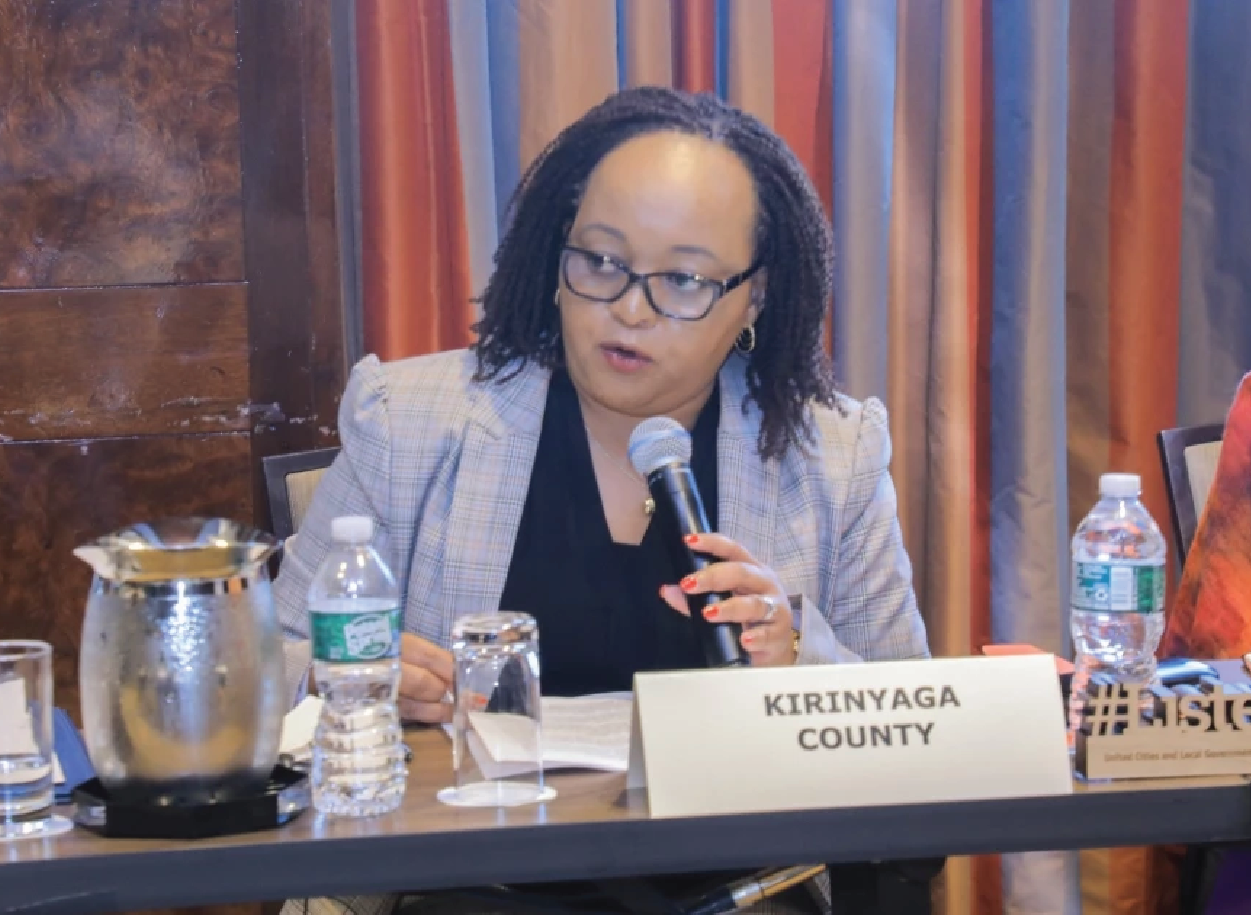Kenyan Artists Clash With Ezekiel Mutua – In a recent candid discussion on Citizen TV, Kenyan artists found themselves in a heated exchange with Ezekiel Mutua, the Chief Executive Officer (CEO) of the Music Copyright Society of Kenya (MCSK). The focal point of contention was the intricate issue of royalty disbursement, a long-standing challenge within the Kenyan music industry that demands careful examination.
Shizo, a contemporary artist hailing from Western Kenya, voiced his frustration as a member of MCSK, revealing that the society had not compensated him for his hit song ‘Rhoda.’ The track had garnered substantial attention across various media platforms, including popular TikTok challenges.
Nonini Mgenge2Ru
Nonini, accentuated a prevailing concern – that MCSK and other Collective Management Organizations (CMOs) were seemingly neglecting directives from the government and the regulatory body, the Kenya Copyright Board (KECOBO). He asserted that KECOBO mandates CMOs to allocate 70% of collected royalties to artists, a directive purportedly ignored by these organizations.
Nonetheless, he raised the alarm about artists reportedly earning a meager Ksh.100,000, significantly less than what their artistic endeavors merit. He underscored that many artists under his representation had not received equitable compensation, despite their music enjoying extensive airplay.
Ezekiel Mutua Defended MCSK
In response, Ezekiel Mutua defended MCSK, stating that the society had issued a memorandum delineating the timeline for royalty disbursement. The process, he noted, was in progress from January 25th to March 29th. However, he clarified that MCSK had not officially cataloged Shizo’s song ‘Rhoda,’ rendering it ineligible for royalties.
Mutua elucidated that MCSK does not remunerate artists for TikTok or YouTube, underscoring the imperative for artists to declare their works to receive due compensation. He clarified that royalties are claim-based for undeclared songs, necessitating artists to furnish a catalogue from stations for verification.
Despite these explanations, some artists expressed dissatisfaction, contending that the royalties received did not commensurate with the production costs of their projects. Others, especially those from remote regions like Kajiado and Samburu, conveyed a lack of comprehension regarding MCSK operations.
Ziki
Ziki, in particular, lamented the perceptible gap between production expenses and the royalties artists receive, attributing the issue to what she deemed as KECOBO’s shortcomings. In response, Sharon Wata, KECOBO’s Assistant Executive Director, extended apologies for any grievances and clarified that KECOBO does not directly collect royalties for artists.
Recognizing the efforts of the Kenya Kwanza administration and President William Ruto in acknowledging the importance of the creative space, Rufftone questioned why MCSK had not actively engaged artists from remote areas. He proposed a strategy to familiarize them with the organization, facilitating their participation and benefiting from their artistic endeavors.
While Mutua defended the expectation that artists should be aware of the existing organizational structures, likening it to an athlete in rural areas understanding Athletics Kenya, he acknowledged the need for improvement. Mutua disclosed plans to deploy technology that would offer artists real-time information on their earned royalties, fostering transparency and efficiency while reducing costs.
Conclusion
In conclusion, the spirited discussion brought to the forefront the intricate challenges faced by Kenyan artists in securing fair compensation for their creative contributions. While acknowledging dissatisfaction with the current system, the conversation underscored ongoing efforts to address these concerns through enhanced transparency and technological innovations in the royalty disbursement process. The collective dialogue highlights the critical need for collaborative initiatives between artists, regulatory bodies, and CMOs to forge a fair, sustainable, and thriving music industry in Kenya.
Contact us
Website: – Click Here
WhatsApp | Call: +254 743 149 267 | + 254 738 352 258
Email Address: info@beseenlimited.com | sales@beseenlimited.com
Follow our IG: @TrendBlendHubKe





